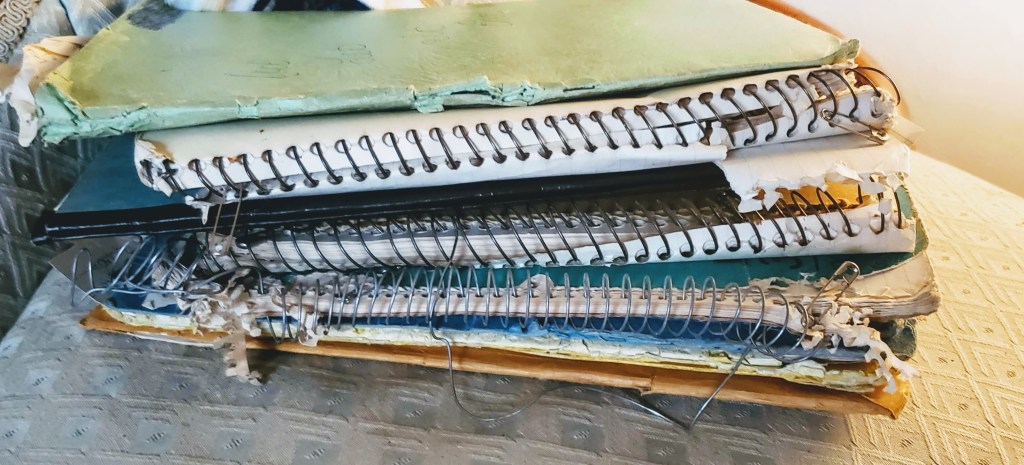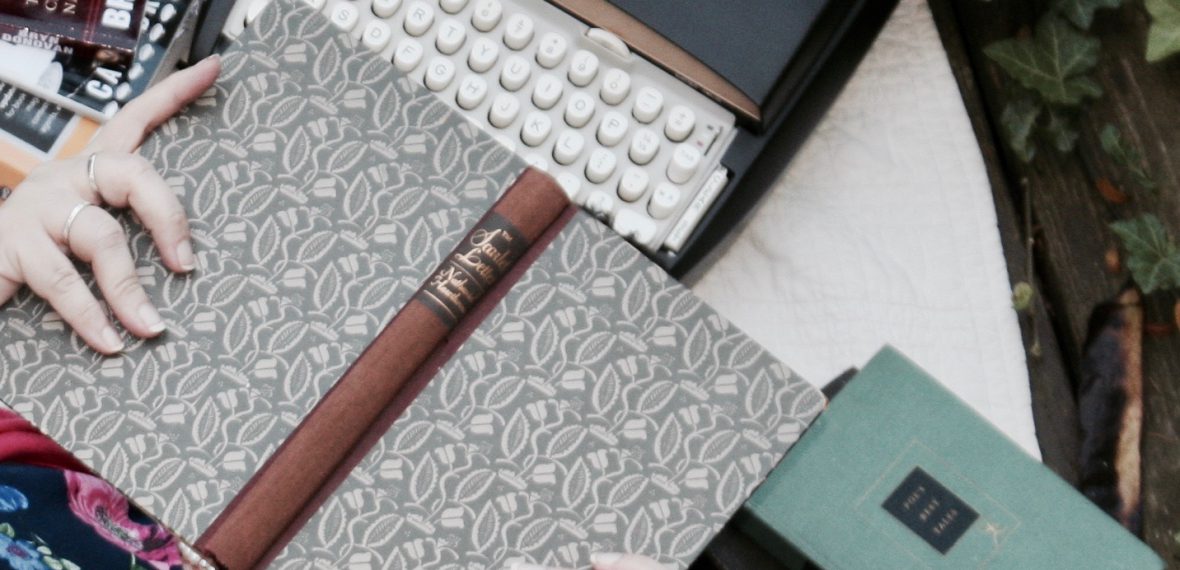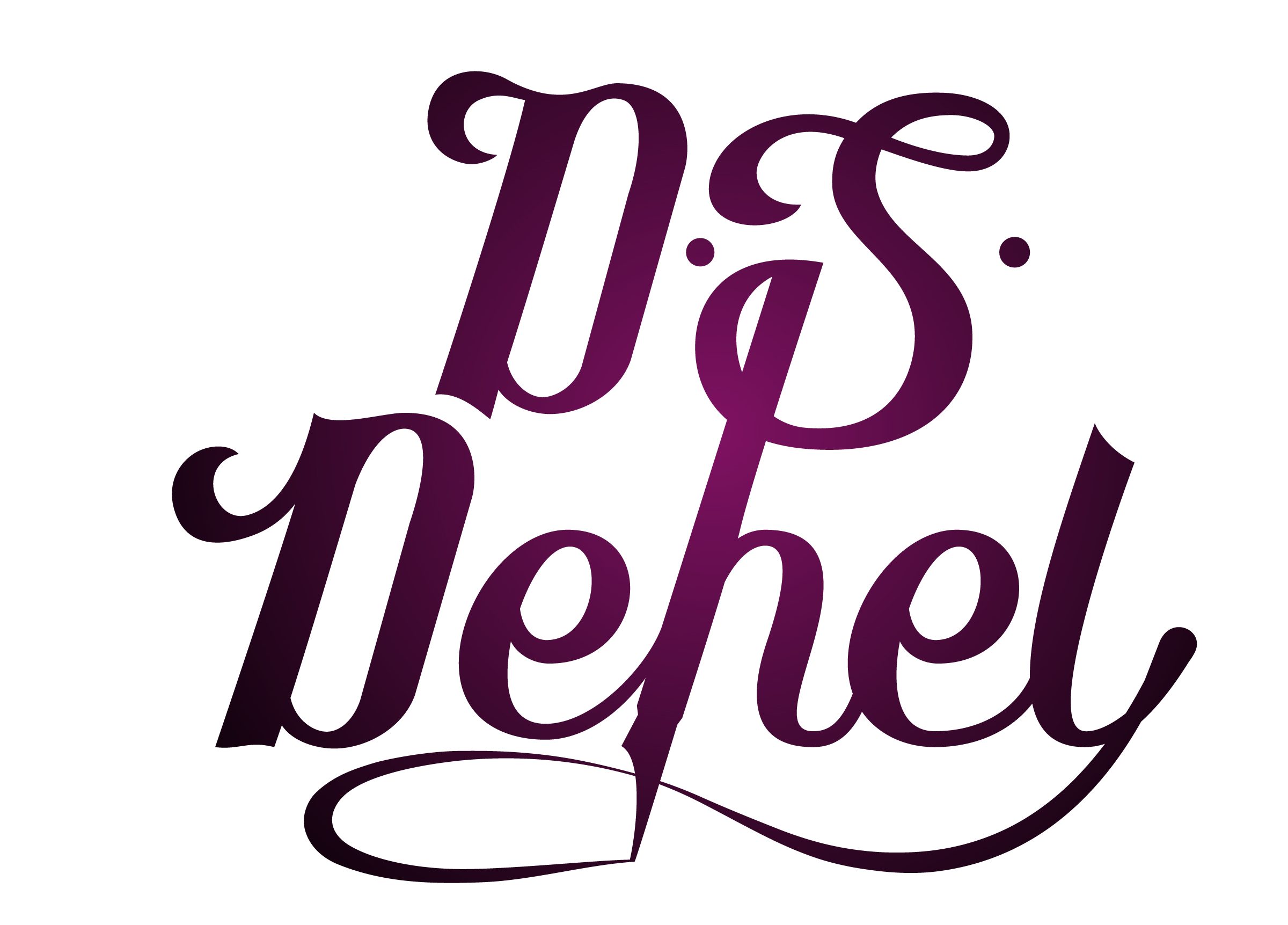It’s strange days, y’all. Strange days indeed. Of course, you don’t need me to tell you that. You’re living it. We’re all living it. One would think that having to stay home and not even go to my part-time job would make me super productive.
But it hasn’t. At least not at first.
I’ve floated from project to project: cooking, sewing, spinning yarn, knitting. Notice what word is missing? Yeah. Writing. And from what I’ve read on the Interwebs, I’m not alone. Now, I’m not going to pontificate on the reasons why I think some of us are struggling with writing. Instead, I’m going to tell you what helped me.
Looking back. Future Nostalgia, if you will. You see, I always wanted to be a writer. Always. I might have forgotten that sometimes–for many years–but I got back to it in my <cough>late forties<cough> , and I was bereft at the idea that I might stop writing now, when things had just gotten good. But even that was not enough to make me sit down and create.
Then serendipity stepped in. I’ve spent many years as a quilter, making baby quilts, Lone Star quilts, soccer themed quilts, but almost two years ago. I’d packed up my fabric so I could make myself an office space dedicated to writing. Then COVID-19 made me dig out my sewing machine and tubs (Yes, tubs, plural) of fabric so that I could make masks for friends and family.
As my very patient husband brought up plastic bin after plastic bin from the basement, he accidentally brought one I had been looking for, but had not been able to locate: the one that held my childhood scribblings. And it was just what I needed.

I haven’t done a deep dive into these notebooks . I’m afraid to, much like every author is afraid to look at old work. I’m terrified that it’s awful. I did, however, skim through, and in the process, I learned four things that I want to pass on.
- I‘ve loved writing for a very long time.
It’s clear from the sheer volume of words that writing held a central place in my life. The oldest story fragment comes from second grade. One unfinished story ran over 425 handwritten pages. That’s dedication. Sure, they may not be great words, but they’re there. I knew instinctively at the age of 13 that writers write. I’m willing to bet that you, too, love words and stories and the worlds you build. Sometimes writing is boring work. We need to find the way back to the fun.
2. I didn’t do it alone.
Everything I wrote had someone who acted as a beta reader. Usually beta readers read finished manuscripts. Not mine. My BFF Nikki read things in progress, and she didn’t hold back on the critique. If she didn’t like some twist, I knew it. Nikki also helped me work out plot kinks and defeat plot bunnies. I was accountable to her in myriad ways, but most of all, she wanted to know what happened next, so I couldn’t slack off.
Nikki isn’t a beta reader anymore, though I daresay she would be if I asked her. (What do say, Nik?) However, I do have colleagues in the writing world who help me vanquish those bunnies or word smith the even more dreaded blurb. Writing is by its very nature a solitary pursuit, but it doesn’t have to be. I need to reach out to my colleagues and say that I am struggling. I need to further build my network. I need the accountability, and maybe you do, too.
3. No Copy Editor.
The few pages I skimmed made one thing super clear: my internal copy editor was turned off. Heck, in some of them I doubt I had any idea what a copy editor was. These scribblings of mine span the ages of 7 through 15, and there’s an arc that reflects technique and mechanics as I learned and internalized them. Commas were secondary. Words were paramount, the way they sound and flow and look on the page and most of all, how they impact the plot. I didn’t know then what polysyndeton was, but I used it, just as I did in the previous sentence, because that was the music of the words I wanted.
Most writing advice says to turn off your internal editor. I can’t do that easily, but I think I can turn off my internal copy editor and revel in words again. In fact, I have, and I’m much more pleased with my writing. It feels less clunky. How does your editor(s) impact you?
4. I wrote for myself.
I know. I know. In number 2, I said I was accountable to Nikki. I was for production. But I wrote for myself. I remember spending hours lost in a world of my own creation. I let the story take the reins and the characters do what they willed. There were times when Nikki protested that the story was not what we had brainstormed. Back then I didn’t have the writer’s language to say that the plot change was the character’s fault, not mine. Personally, I think characters taking charge only happens when the writer is a conduit, not a control freak.
At the age of 12, I wanted to be published, but I wasn’t concerned about market and sales, genres and sub-genres. My sole goal was to tell the story burning inside of me. I was the primary audience and Nikki secondary. Sometimes a few other people read what I wrote, and I was good with that. Of course I wanted the world at large to read it, too, but that was someday. Now, I created. It was mine.
What happened next?
That day, I took my tattered notebooks, set them on a shelf in my office, and sewed masks. Later, I leafed through spiral-bound tomes, and I thought about who I was back then and what I had wanted for my life. So much didn’t work out the way I thought it would, but a lot did. I am published. And I want to keep publishing. But in order to do that, I have to write.
Over the next few days, I took out a more recent work that I had been struggling to finish, and I analyzed why I was having such difficulty. Ultimately, the reason was simple: I was trying too hard to make it conform to a style and length that wasn’t working. So, I unfettered my characters. I turned off my copy editor (except for typos. I’ve gotta fix those.), and I wrote. When I finished a section, I sent it to my current beta-whatever-you-want-to-call-her reader and got great feedback. Maybe this story won’t get published. I don’t care. It’s mine and I’m in love with the characters and the process and the world I’ve built.
And that’s enough.





What a marvelous post! I keep old journals too, but my very earliest stories have been lost, victims of changing life circumstances. I can still remember the illustrations in the margins. The desire to be a storyteller manifests early, I guess, even if we don’t follow up on it until later–I started writing “for reals” in my 40s as well.
LikeLiked by 1 person
Childhood scribblings are the best. (Also, huzza for knitting and sewing. Those are my favorite procrastination tools.) I really needed this reminder to just write something for the joy of it, so thank you, and good luck with all of your projects!
LikeLiked by 1 person
Outstanding. Looks like you’re on the move again. :-)
Anna from elements of emaginette
LikeLiked by 1 person
Great post. These certainly are strange times! Thanks for sharing. :)
LikeLike
Nikki sounds fabulous! I want a Nikki.This is such an inspiring piece. And thank you for making masks. I think wearing homemade masks is going to be the norm for a while, and it sounds like it’s going to be legislated in some place, NYC today if I’m remembering correctly. Thanks for sharing!
LikeLike